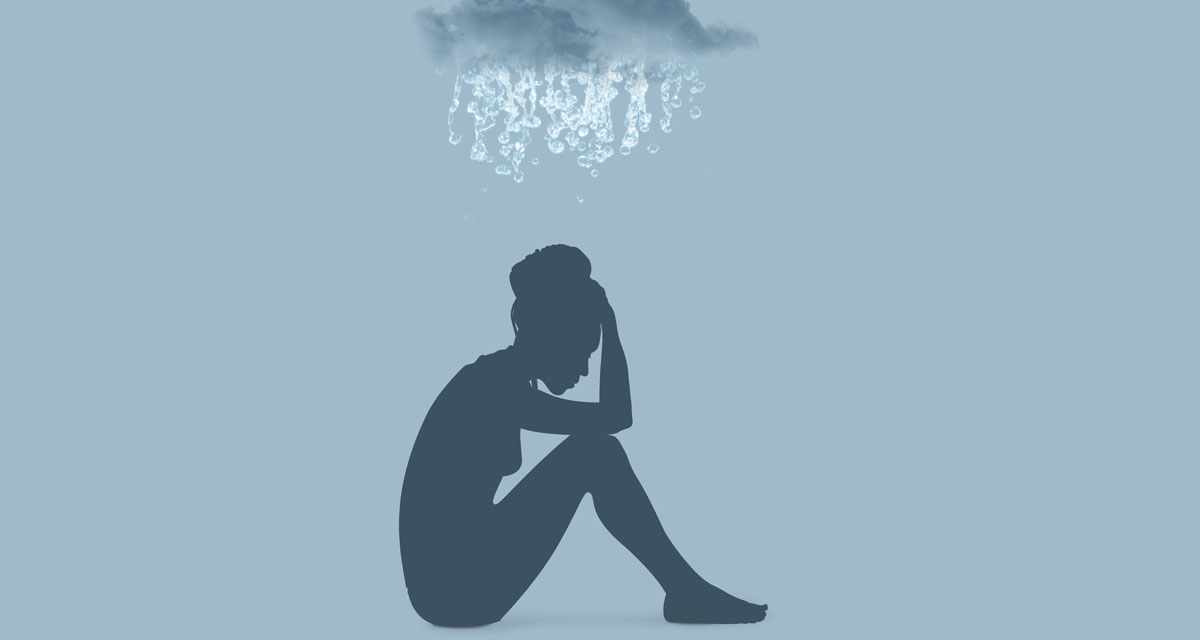BY JAMIE LOBER
The American Pregnancy Association reported that 70 to 80 percent of new moms experience negative feelings or mood swings after the birth of the new baby. It can be hard, because you may hear friends talk about how happy they are about their new addition, or watch joyous moments on television or in the movies. What may not be as openly discussed is called “baby blues,” which is experienced by more women than you may think. It is not unusual if you find yourself crying, anxious or depressed off and on during the first few days after the birth of the baby. These feelings can last a week or so, but will improve on their own. You may have trouble eating or sleeping, or even question your ability to care for someone new.
While baby blues can happen to anybody, some women are at higher risk than others. There are some things that can increase your risk, such as:
- History of depression
- Bipolar disorder
- Postpartum depression after a prior pregnancy
- Stressful events during the past year
- Marital problems
- Financial problems
By getting the baby blues under control, you will have a better chance at developing a great relationship with your little new addition. If this condition goes untreated, your baby is susceptible to having behavioral or emotional problems down the road. The American Pregnancy Association said that self-care is the best way to cure the baby blues. There are many great strategies that can help you start to feel more like the old you.
- Talk about how you feel with someone you trust
- Have a well-balanced diet
- Journal your emotions
- Get outside and enjoy the sights and sounds
- Recruit the help of friends or loved ones to get into a new routine, whether you want them to bring meals or watch another child
- Give yourself time to heal and adjust to your new normal
Remember that the baby did not appear overnight and the baby blues will not go away instantaneously, either. If symptoms last more than two weeks, they could be a sign of a more severe condition like postpartum depression. Postpartum depression can be treated with antidepressants, talk therapy, or a combination of the two. There are support groups available where you can network with others who share your thoughts and feelings. It is normal to wonder how you got to that point, and the short answer is—all of the changes in your body. The American Congress of Obstetricians and Gynecologists has listed many factors that can contribute, such as:
- Changes in hormone levels, such as the decrease of estrogen and progesterone
- History of depression before, during or after pregnancy
- Emotional adjustment to the new baby
- Fatigue until strength is regained
- Lifestyle factors, such as lack of support from others or stressful life events
Remember that you did not cause this spiral of emotions to occur, so there is no reason to feel guilty or ashamed. It is important to maintain an open and honest dialogue with your obstetrician/gynecologist, so he or she can assess how you are really doing and get you on the road to wellness as a family.



















